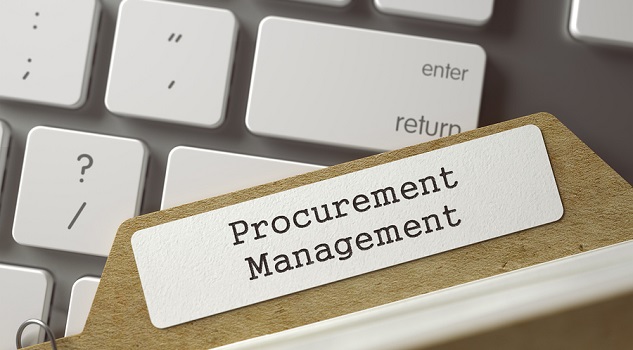The Australian Small Business and Family Enterprise Ombudsman, Kate Carnell, has called on the federal government to establish a small business procurement panel so businesses in the sector can play a role in the post-COVID economic recovery plan.
“The Government has a golden opportunity to improve its procurement process to support the creation of jobs in the small business sector.”
First proposed in the ASBFEO’s COVID-19 Recovery Plan, the panel would be give small businesses the first option in tendering for Government contracts with a value of up to $10 million, before those contracts are opened to the wider market.
“The total number of Commonwealth government contracts awarded to SMEs in 2018/19 was 26 per cent. However, 94 per cent of Government contracts are valued under $1 million with 59 per cent below $80,000. It is clear small businesses could have a larger share of that pie,” Carnell said.
“Unfortunately, current Government procurement processes preference large businesses. A procurement system that discourages small business participation, won’t necessarily get the best value and also denies small businesses the opportunity to innovate, employ and grow.”
Carnell added, “I was encouraged to see federal Industry Minister Karen Andrews’ commitment to speak with the Prime Minister about the importance of using government procurement as a lever to building Australian capability and to bolster supply chains in the tech sector. Minister Andrews is absolutely correct. In fact, we believe this should be extended beyond the tech sector to small businesses more broadly, including manufacturing.”
The ASBFEO noted that small businesses still face significant barriers when participating in government procurement.
“It can be a costly exercise and small businesses don’t have the resources to complete overly complex tender documentation. The challenges of getting on to a panel in the existing system are onerous. Equally small businesses are often overlooked on the ‘value for money’ criteria. Just because they might not be able to offer the lowest price, doesn’t mean they are not competitive overall,” Carnell said.
“Lowest cost is not always the best value for money. There’s a strong argument that prioritising Australian small businesses pays dividends to the entire economy.”















